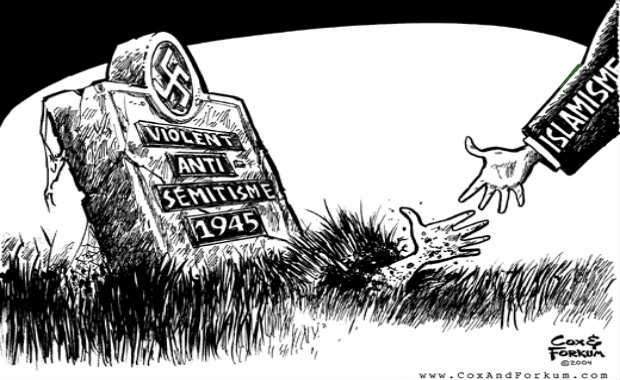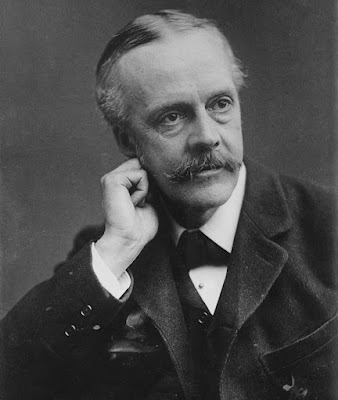An article in Egyptian news site DMC News mentions as an aside that "Arabs are bored and tired of the Palestinian cause."
The Palestinians can no longer count on the Arab world to wholeheartedly support them. They complain about the supposed pro-Israel bias of the US and even the UN. All they have left are biased human rights NGOs and the EU.
And the latest HRW report about human rights abuses by the PA cannot make them feel more secure.
It is no wonder that Palestinians, who are perhaps the least self-aware people on Earth, believe that they are doing nothing wrong and there is no reason for them to change their positions in response to the entire world turning against them. Instead, they continue to threaten those who upset them, pretending that they still have leverage of the oil weapon of the 1970s.
PLO executive member Hanan Ashrawi met with a European delegation yesterday and seemed almost desperate as she repeated her normal talking points.
"We appeal to the European countries to play an urgent and decisive political role by taking concrete and serious measures according to a binding timetable to force Israel to abide by international law and stop its violations and crimes and to ensure the end of the military occupation and the urgent protection of the Palestinian people," she said. In addition she urged European countries to recognize the "state of Palestine."
Ashrawi also invoked the suffering in Gaza, which is not a smart move because even the Europeans are recognizing that the PA is the party primarily responsible for the problems in Gaza over the past couple of years.
As with the Arabs, the Europeans are not going to support a kleptocracy and dictatorship like Abbas' forever, when the Palestinians have been vocally proud of their refusal to budge from their positions since 1988.
The world sometimes throws the Palestinians a symbolic bone, like allowing them to become members of some international organization. These moves inevitably backfire and cause the Palestinian leadership to become even more intransigent and convinced that the world is still on their side.
The crash is coming. Maybe before Abbas dies, maybe afterwards when his successor is even worse. But the Palestinian leadership is simply too obtuse to see the writing on the wall.
(See also this Hebrew Mida article about how Israel and Bulgaria are closer than ever. h/t Yoel)

 Elder of Ziyon
Elder of Ziyon





































